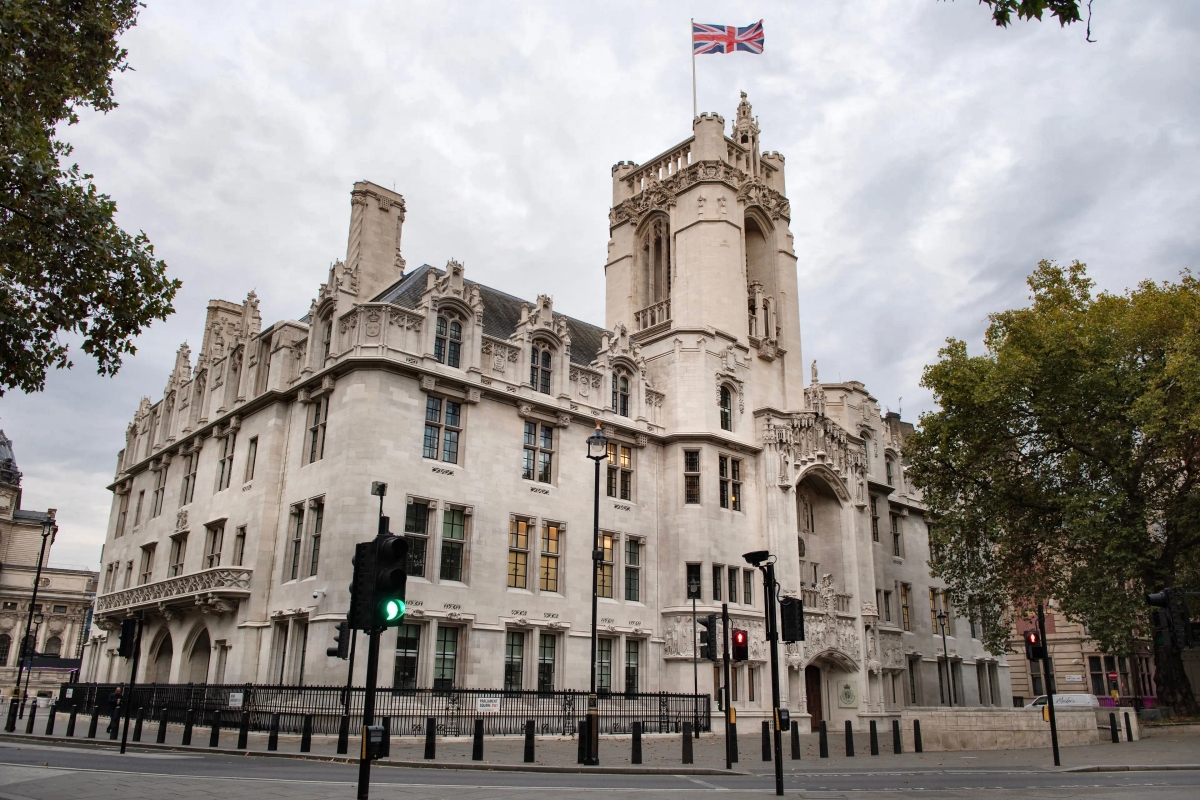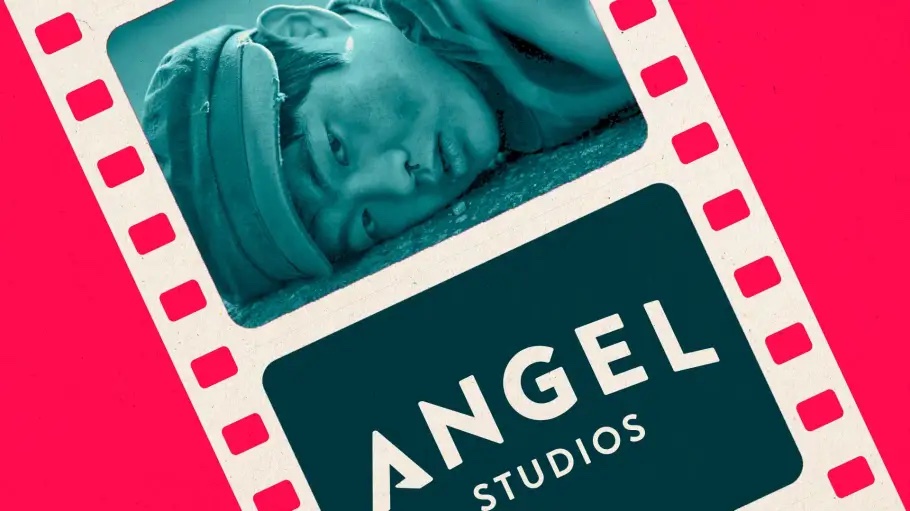
Two leading private hire operators, Liverpool-based Delta Taxis and Cardiff-based Veezu, have launched a crowdfunding initiative to fund a court action against Uber over the issue of VAT on fares.
The cost of all private hire journeys outside London could potentially rise by 20% if Uber wins its Supreme Court appeal against a 2024 Court of Appeal ruling against it, slated for July 2025.
Uber is seeking a declaration from the Supreme Court (pictured) that VAT should be added to the cost of all private hire taxi fares outside London at 20%. Uber was forced to add VAT to rides booked through its app in London after a ruling in 2021. It then took legal action involving Sefton council in Merseyside, where Delta is based, in a bid to force the same rules on operators outside London.
Local courts initially ruled in Uber’s favour, but the decision was overturned by the Court of Appeal in 2024.
Delta and Veezu want to raise £500,000 to support the industry’s legal battle against Uber, with costs already exceeding £1 million after High Court cases in 2022 and 2023, and a Court of Appeal case in 2024. The new ‘Fighting Fund to Protect Passenger Fares’ campaign calls for cross-sector and public support.
Private hire companies have usually classed drivers as independent, self-employed contractors and so do not pay VAT. But a previous court ruling in London forced Uber to reclassify its drivers as “workers”, and hence the company agreed in 2021 that its fares were liable to VAT.
The industry argues that adding VAT to fares would disproportionately affect vulnerable passengers who rely on cabs, such as elderly people and those with restricted mobility in areas with poor public transport.
According to Veezu, 43% of journeys are for medical, work, or educational reasons, rather than leisure. “A fare increase of at least 20% has the potential to leave some of Britain’s most vulnerable people without a reliable way to access appointments, jobs, and basic services,” the company said in a statement.
Veezu and Delta also argue that the case could pose a serious risk to the livelihoods of thousands of self-employed drivers, who may see reduced passenger demand and earnings as a result of higher fares, while many smaller UK private hire operators could be forced out of business. Veezu estimates this could affect one in 10 drivers – an estimated 25,000 people.
Delta Taxis spokesman Paul McLaughlin said: “This court case could have massive repercussions for PHV firms like us using the traditional agency model, which has been part of British culture for generations. If Uber wins, it will add at least 20% to the cost of a private hire taxi fare outside of London and it will unfairly penalise passengers, taxi drivers and every other private hire firm in England and Wales. There are thousands of traditional private hire taxi firms just like us up and down the country, so the impact will be felt far and wide.”
He continued: “This really is a David vs Goliath moment – in this case we’re representing our entire industry and a Great British institution, as well as the best interests of taxi drivers and passengers. The potential cost of these changes could be devastating for so many people – we simply cannot let Uber win.”
Nia Cooper, chief legal officer at Veezu, said: “This case is about protecting the future of the private hire industry and the millions of passengers who rely on it every day. The private hire industry is integral to the transport network in the UK and provides essential journeys to passengers, particularly those that are vulnerable. It is often the only form of transport accessible to local communities on a consistent and reliable basis.”
“The ruling sought by Uber would impose a VAT burden on the rest of the industry that would create unfair competition across the sector and disregards the long-established structure of private hire firms. If upheld, vulnerable passengers, drivers, and established British PHV businesses will be caught in the crossfire of Uber’s commercial ambition. That is why we are taking a stand to preserve choice, affordability, and the independence of private hire operations across the country.”
Layla Barke Jones, dispute resolution partner at the law firm Aaron & Partners, which represented Delta Taxis in the court cases to date and will represent them in the Supreme Court, said: “The Court of Appeal judgement was a victory for the taxi industry and all those who depend on it, but Uber’s decision to make the final appeal means we need to go to the Supreme Court to take up the fight once again. There has always been a shared aim to protect passengers, drivers and taxi firms alike throughout this case.”
“There’s a lot at stake whichever way you look, but it’s our hope that we can once again block this move by Uber and protect the operators, drivers and passengers who rely upon traditional taxi firms.”


